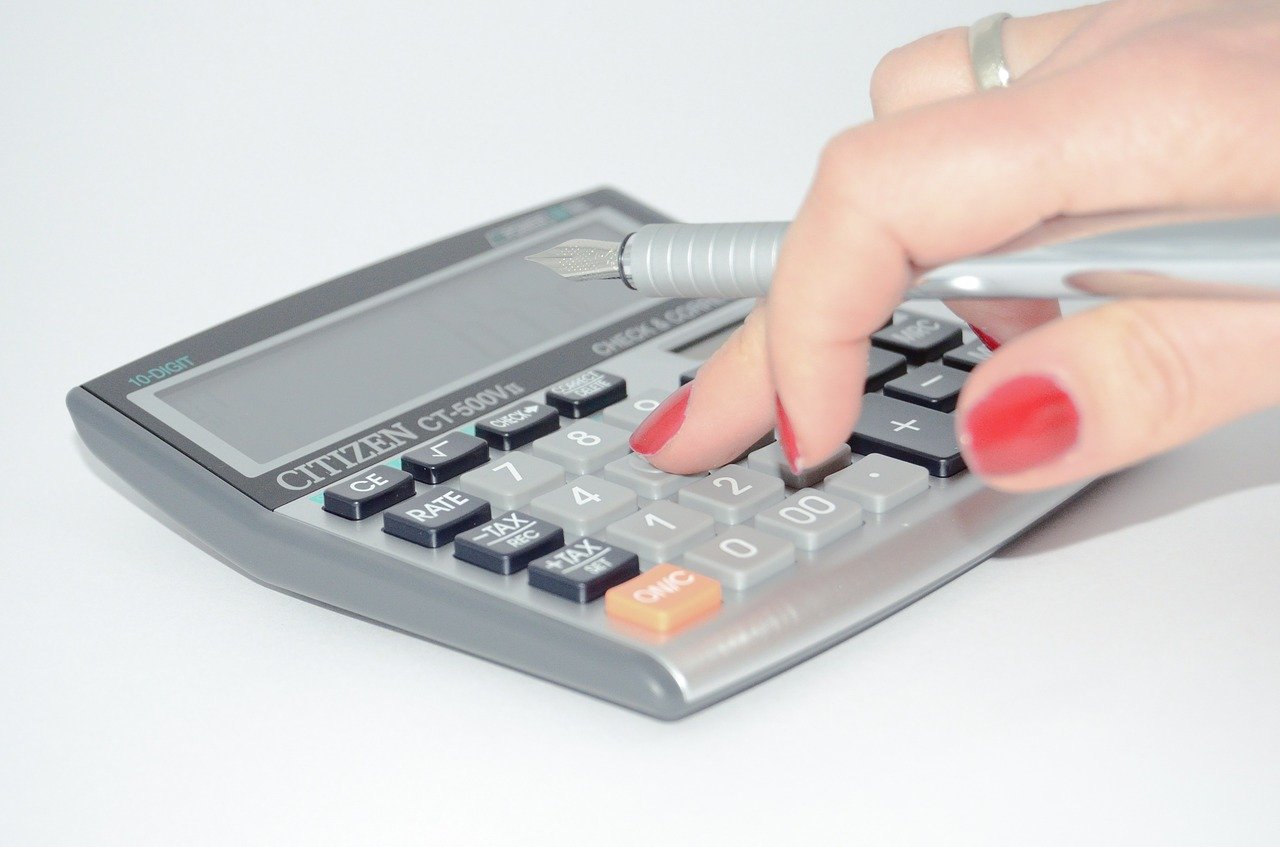By integrating Azure microservices into its outdated MyOrder purchase order format in Word system, Microsoft has substantially improved its internal procedures. This change simplifies the procedure and fits in with Microsoft’s overarching plan to use cloud computing to increase productivity, security, and scalability.
Addressing Legacy System Challenges
Microsoft’s internal application, MyOrder, handles over 220,000 purchase orders a year, which translates into $45 billion in internal spending. MyOrder was once a monolithic, on-premises program that required a Microsoft-approved VPN to access, was costly to operate, and was hard to upgrade. In May, peak periods were very difficult for the system to manage, resulting in severe delays and user annoyance.
According to Vijay Bandi, a Microsoft Digital MyOrder team software engineer, “MyOrder was wizard-based, so users advanced through the app in a particular sequence.” “You were trapped if you got to a stage lacking the data for a necessary field. It was a terrible situation.
The staff at MyOrder determined that a modification was necessary. They switched from a rigid server-based system to an adaptable Platform as a Service (PaaS) on Microsoft Azure. They could divide the extensive application into smaller microservices units, each responsible for a particular integration or function.
The Procurement Services Platform (PSP) and MyOrder were components of the previous buy order system. The PSP was a sophisticated middleware layer with 500 validation pathways and 60 smaller projects. After switching to Azure, the team’s ability to control every function individually significantly streamlined updates and maintenance.
Choosing Azure for Modernisation
Rajesh Vasan, the engineering manager for MyOrder, states that the team considered several platforms before deciding on Azure.
Vasan says, “We looked at Azure App Service and at a standalone, private cloud instance of Service Fabric.” Because Azure was growing and investing heavily in PaaS capabilities, we could focus on the application code and delegate networking, configurations, and deployments to Azure.
By switching to Azure, the team was able to create microservices out of each individual function and integration, which allowed for faster upgrades and more effective administration. For example, a task that would have taken months under the previous system might now be finished in a week: altering the tax code for a particular nation.
Significant planning was necessary before migrating to Azure to guarantee a seamless transfer. The first phase was transferring all purchase order data to the cloud to create a single source of truth. The team created connectors for the new Azure-based components and the legacy service to access this single data source.
The group steadily transitioned tenants to the new infrastructure while prioritising the development of essential microservices for processing purchase orders. When they removed PSP and its database, they achieved a noteworthy milestone with no duplicate data and a cloud-based pipeline for processing POs.
Innovative Testing and Deployment
The team employed A/B testing for one of the microservices to guarantee a seamless transition. This required parallel processing across both the old PSP and the new microservices to guarantee consistency before going live.
According to Vasan, “one of our microservices would call the other microservices and the old PSP in parallel.” We verified that the results were consistent by comparing them after the call went through both. We tested this in a live setting until we identified and resolved every problem. We then activated live.
The last phase involved redesigning the administrative and configuration sections and creating eight or nine more microservices. By the project’s conclusion, MyOrder had completely merged with Azure, and no legacy components remained.
This modernisation has greatly improved the user experience and increased the system’s performance and scalability. Microsoft employees now enjoy quicker response times and a more dependable purchase order system, which is in line with the company’s mission to use cutting-edge technology to promote productivity and creativity.






